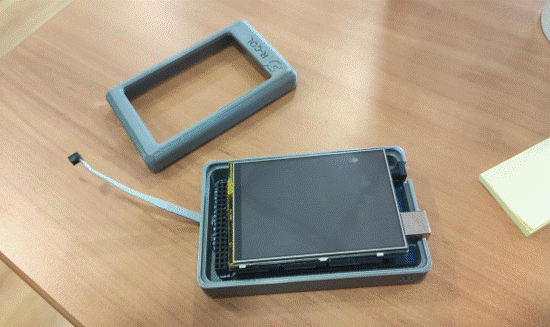Affordable Search and Rescue (SAR) Technology Project with
Project Background:
As someone with both Turkish and American heritage, I am deeply rooted in both cultures. The year 2023 left an indelible mark on my soul when а devastating earthquake hit Turkey, claiming the lives of many.
Amidst the ruins, the strength of community and the relentless efforts of search and rescue volunteers emerged as beacons of hope.
In the aftermath, I could feel the frustration and despair welling up among friends and family, many of whom wanted to help but lacked the means. I pondered: why not provide the survivors and novice volunteers with rescue kits full of tools that can be used to move the rubble to possibly save the lives of those trapped underneath?
Opportunity Statement:
Transform local volunteers into efficient Search and Rescue (SAR) forces using affordable, technology-driven SAR backpacks and tools.
What:
This project will create and distribute modular, affordable technology for SAR operations and backpacks, featuring a central, open-source technology unit for enhanced search, aid, and health monitoring.
Why:
Traditional SAR tools are expensive, heavy and somewhat limited in multi-purpose functionality. Getting these tools deployed requires funds, trained and specialized teams that are unable to reach all victims during a major disaster.
Why Now:
•Urgent Need: Natural disasters and emergencies are increasing, necessitating faster, more effective rescue efforts.
•Technological advancements: Affordable, miniaturized sensors and open-source platforms offer unprecedented opportunities for SAR innovation.
•Empowering communities: Providing tools and knowledge allows local communities to take ownership of their safety and well-being.
•Upcoming competitions, design courses and access to the Oshman Engineering Design Kitchen create a perfect ecosystem for collaborative development.
Vision
An affordable, open-source SAR technology for everyone.
Features:
•All-in-one unit: Combine sound, thermal imaging and IR heat sensors, basic health monitoring, and air quality detection in a single, rechargeable device.
•Open-source platform: Built on Arduino, Raspberry Pi, or STM32 microcontrollers for easy customization, smartphone connectivity and further community development.
•3D-printed design: Durable, easily chargeable and portable with intuitive controls and effortless UI and function switching.
•Affordable solution: Cost around $50 per unit, making it accessible to resource-constrained communities.
Equipment List :
•Arduino, Raspberry Pi, or STM32
•Thermal Imaging Camera ( on a telescoping pole)
•Air Quality Monitor (PM2.5, CO2, CO, VOC, Ozone, Temp & Hum)
•GPS tracking, emergency beacon, smart phone app for data logging and analysis
Commercial examples for inspiration:










